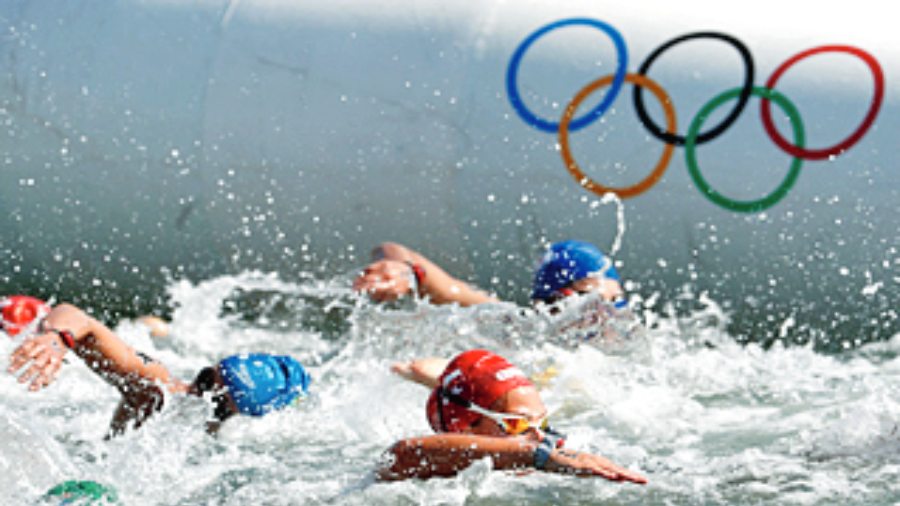Book name: The Most Incredible Olympic Stories
Author: Luciano Wernicke
Publisher, Price: Niyogi, Rs 595
The tumult of voices in global sports-writing — indeed the entire narrative spun out of world sport as a whole — is constrained by the domination of English-speakers, or rather countries like the United States of America, the United Kingdom, Australia, Canada. It is how the first name of recall of Olympic history and folklore is that of David Wallechinsky and his enormous tomes, The Complete Book of the Olympics.
Luciano Wernicke has produced a different kind of compendium — without the numbers and the records, but with the stories. The Most Incredible Olympic Stories is part of Wernicke’s enormous bibliography of sporting oddities. They began more than two decades ago with his Spanish works, Most Incredible World Cup Stories and Unusual Soccer Stories. But — and it is here that Wernicke steps outside convention — he took advantage of his multilingual skills, writing The Most Incredible Olympic Stories first in Spanish and then translating it himself into English.
The Olympics stories — 400 of them — are born out of “situations generated by politics, economics or complex sports regulations” as well as the many kinds of crazy that happen when ten thousand athletes and thousands of officials and rulebook-waving judges find themselves in the same space for two weeks. It takes a considerable scouring through books, magazines, newspapers and wire feeds to trace the madness that have been the Olympics for over a century.
Wernicke’s exhaustive collection of ‘incredible stories’ can be read by dipping in and out of every Olympics or even each and every weird, wonderful and, sometimes, risqué tale. There’s the political — boycotts, protests, symbolisms — and the personal — weeping, cheating, complaining, celebrating. This book is a collection of events that have taken place over more than a hundred years of formalized, competitive sport which has only grown larger with time.
There is much that we know and remember about the Olympics now, thanks to pop culture, but stories from older pre-TV Games offer us glimpses of the early roots of the event. We learn that history repeats itself: the induction of open-water swimming in Beijing 2008 was not the first. In the early Games, there were no swimming pools. In Athens 1896, swimming competitions were held at sea and in Paris 1900, in a bend of the Seine.
We see how the more things change, the more they can raise their heads elsewhere. In Amsterdam 1928, the International Olympic Committee president, Henri de Baillet-Latour, was horrified to find women competitors in the 800 metres lying exhausted on the side of the track at the end of the race. He decreed that any race longer than 200m were a danger to women’s health, especially motherhood, and should not be permitted in the Olympics. It was only in Rome 1960 that any race longer than 200m featured in the Olympics. Today, the Olympics is the world’s most gender-equal sporting event — with a 51:49 male-female split in Tokyo 2021. Yet, we also learnt of Nike’s performance-pay reductions for pregnant athletes before the company changed its regulations following Allyson Felix’s revelations.
There’s much to be found in The Most Incredible Olympic Stories as pure entertainment, but it also offers a deeper, wider layer of reading.










